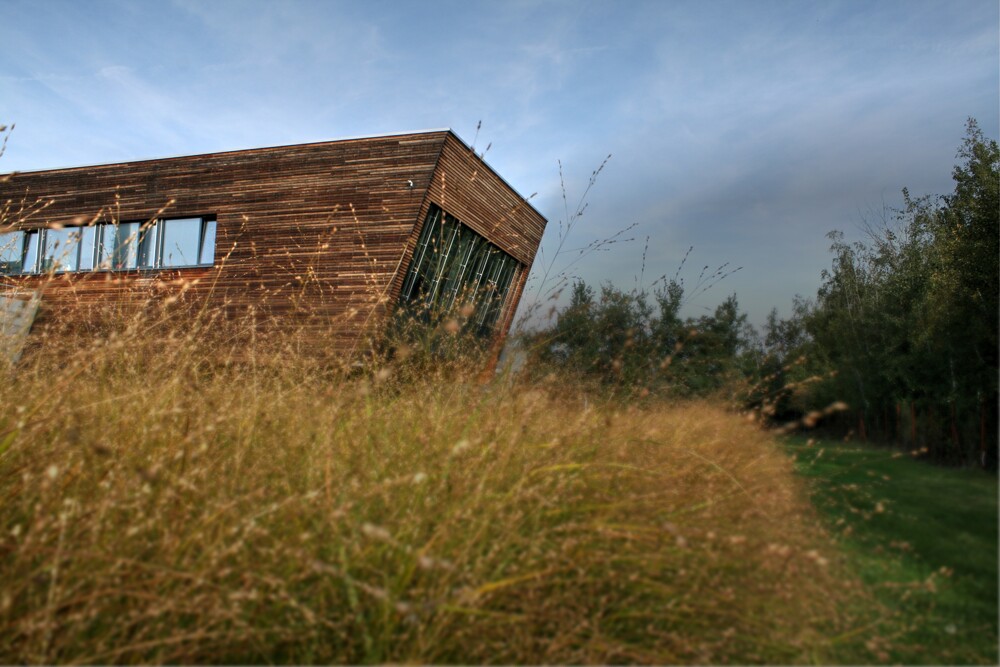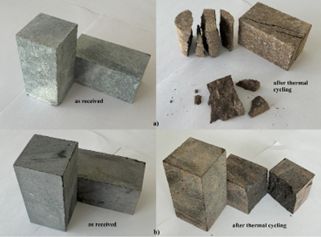

A basic prerequisite for the successful transition of the energy sector to low-emission operation is the acquisition of storage
facilities that would enable the accumulation of energy obtained from renewable sources during the summer and its use during
the winter season. CTU UCEEB is testing a laboratory high-temperature thermal energy storage (TES)with arock packed bed,
which, if successful, could contribute to achieving the goals of the Czech Republic's National Energy and Climate Plan.
The experimental TES is located in thelaboratory of the Department of Energy Engineering at the Faculty of Mechanical Engineering
of the Czech Technical University in Prague. It uses agravel bed as the storage material and hot air heated by an electric
resistive heating element to 650 °C as the heat transfer medium. Such a high temperature in the storage is unique among TES
systems and has sufficient potential for electricity generation during periods of high prices or for the production of high-pressure
steam or hot thermal oil.
During testing, we accumulate heat in the rock and measure its characteristics along with the pressure loss of the packed
bed layer and the thermal loss of the storage vessel. Initially, we conducted tests with amphibolite rock, but this proved
unsuitable. We therefore began searching for a filling material with more suitable mechanical and thermophysical properties,
which would exhibit greater resistance to thermal cycles and be available in quarries in our region.
The research was supported by the Technology Agency of the Czech Republic through the THÉTA 2 and National Competence Centers
programs as part of the Seasonal Heat Accumulation in Rock (RASH) and National Energy Center II (NCEII) projects.
The project results are verified in-situ (in real conditions) at the Josef Underground Laboratory.